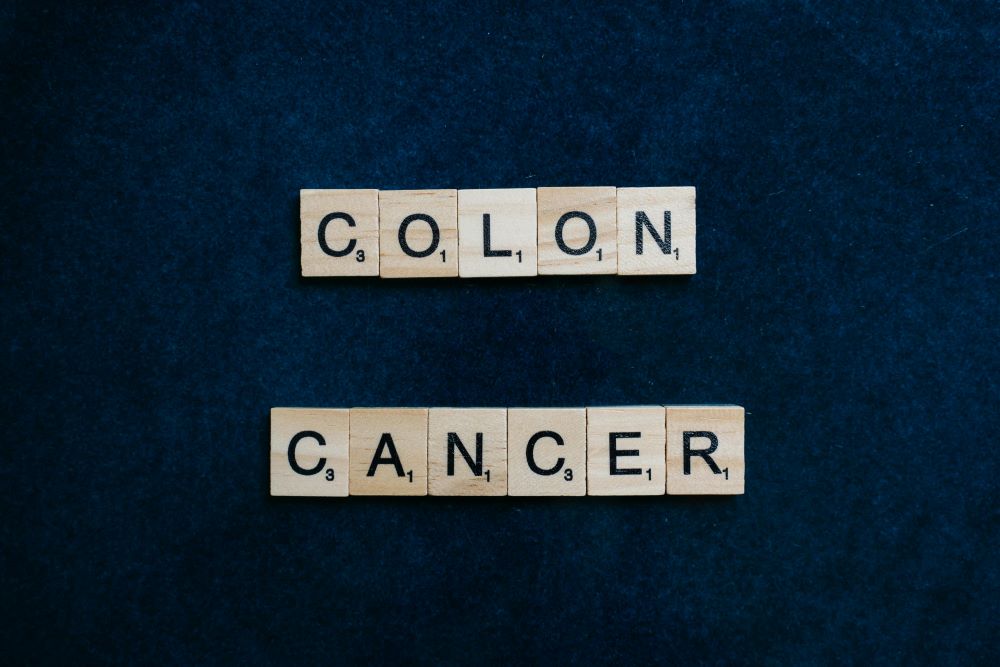Young adults shouldn’t be dismissive of unexplained symptoms.
Young people are increasingly facing the challenge of colon cancer, a condition that was once primarily associated with older adults, making research into symptoms they may experience—whether similar to older adults or different—critical to saving lives. Recent studies reveal that those under 50 years of age may, in fact, experience different symptoms from older patients and are often diagnosed at more advanced stages of the disease. This delayed diagnosis might be due to a tendency among younger people to dismiss their symptoms as less serious health concerns. Recognizing the signs early and seeking medical attention promptly could lead to better outcomes for those affected.
A recent study conducted in Taiwan, which included 5,000 patients of varying ages diagnosed with colon cancer, highlighted the differences in symptoms between younger and older individuals. One of the key findings was that 60% of patients under 50 experienced rectal bleeding prior to their diagnosis, a higher percentage compared to those in their later years. This rectal bleeding was often overlooked, potentially contributing to delays. The study also found that nearly 60% of younger patients reported changes in bowel habits, such as increased frequency or unusual stool consistency, compared to less than half of the older patients.
These changes in bowel habits may seem minor, particularly to those who are not suspecting cancer to be the culprit, but they could indicate something much more serious. Unfortunately, younger people may not always recognize these symptoms as warning signs, commonly associated them with more benign conditions like hemorrhoids, stress, or irritable bowel syndrome (IBS). As a result, many cases of colon cancer in younger patients are not detected until the disease has already spread, making treatment more difficult and lowering life expectancy rates.

The reasons for the rise in colon cancer among younger individuals are not entirely clear, but researchers suggest that lifestyle factors could be playing a large role in this. Diets high in processed foods, sedentary lifestyles, and increasing rates of obesity are all possible contributors. Genetics factors can also predispose some young people to colon cancer, particularly if they have a known family history of the disease.
Aside from rectal bleeding and changes in bowel habits, other symptoms that younger people should be aware of include unexplained weight loss, persistent abdominal pain, and fatigue.
The findings from the study emphasize the need for younger individuals to be proactive about their health and not dismiss early warning signs. Physicians also play an important role in recognizing the possibility of colon cancer in younger patients, even if they don’t fit the typical demographic. Regular screenings, such as colonoscopies, are generally recommended for individuals over 50, but those with a family history of colon cancer or who experience concerning symptoms may need to undergo screening at an earlier age and their doctors should be prepared to have these discussions.
As the prevalence of colon cancer among younger populations continues to rise, screening guidelines across the board may need to be reconsidered, and more attention should be paid to the specific symptoms experienced by younger patients. It is also essential for healthcare professionals to challenge their own assumptions about who is at risk for this type of cancer.
Sources:
Study reveals symptoms of colon cancer in young people
Colorectal cancer is rising among Gen X, Y & Z. Here are 5 ways to protect yourself


Join the conversation!